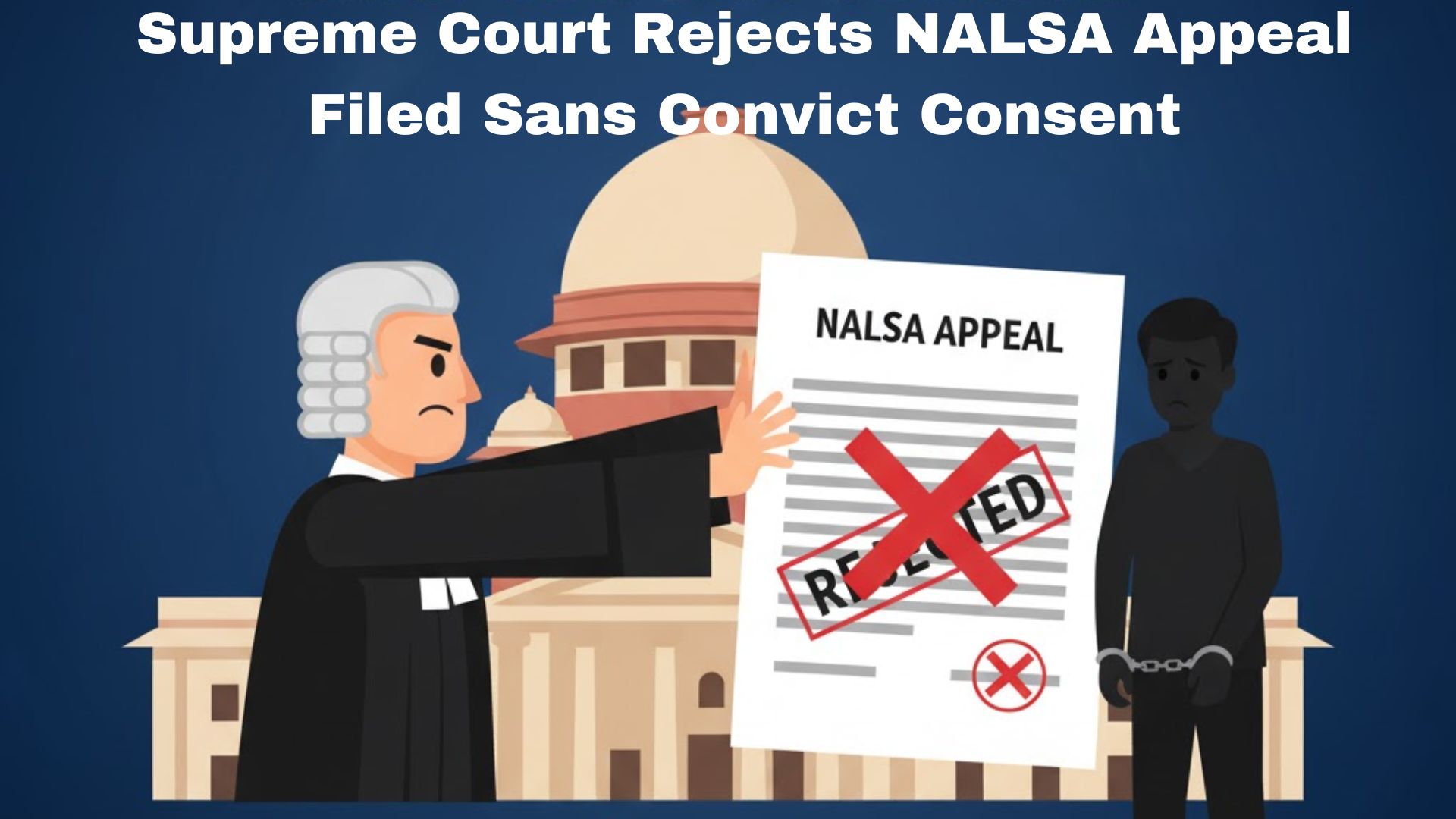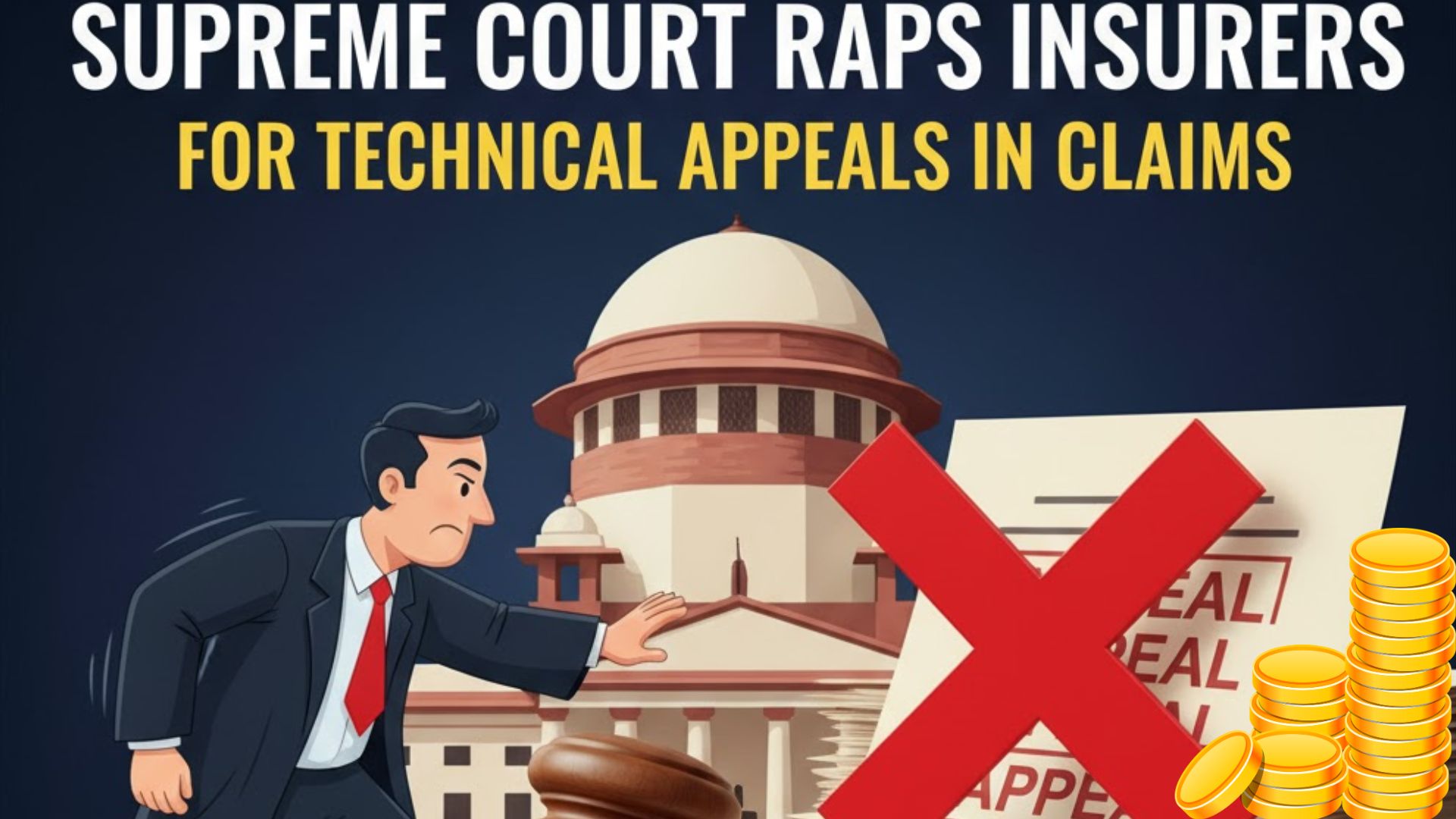Rajendra Menon, CJ
C.M.No.9653/2018 (delay)
1.For the reasons stated in the application, the delay in filing the application is condoned and the application is disposed of.
FAO(OS) 41/2018
2. This appeal filed by the plaintiffs/appellants under Order XLIII Rule 1 of the Code of Civil Procedure read with Section 10 of the Delhi High Court
Act calls in question the tenability of an order dated 15th January, 2018 passed by the learned Single Bench in O.A.No.7/2018 whereby the right of
the Appellant to lead evidence has been closed. Even though the learned counsel made various submissions to contend that on the date the case was
listed for evidence, due to certain reasons attributable to counsel’s personal difficulty, the witnesses could not be produced. On going through the
orders available on record, it seems that the Joint Registrar closed the right of evidence of the Appellant and against the same an appeal was filed
before the learned Single Bench and the learned Single Bench also rejected the same.
3. On going through the concurrent orders passed by the Joint Registrar and the learned Single Bench, it is clear that in spite of repeated opportunities
being granted and after costs were imposed on three occasions, that is, Rs.20,000/-, Rs.5,000/- and Rs.20,000/- respectively, the witnesses were not
kept present and, therefore, the right to lead evidence was closed. In para-24 the finding recorded is that the plaintiff/Appellant has availed five dates
of hearing over a period of one year for leading evidence. Repeated warning given with regard to last opportunities being granted did not yield any
positive result and even if the counsel was unable to appear on 14th /15th December, 2017, the learned Single Bench found that the witnesses could
have been kept present for cross-examination. Taking note of the manner in which the plaintiff was delaying the proceedings, by a detailed order
passed the learned Single Bench rejected the application.
4. The discretion exercised by the learned Single Bench and the reasons given cannot be termed as illegal and perverse to the extent that interference
in the matter is called for.
5. Accordingly, finding no ground, the appeal stands dismissed.

